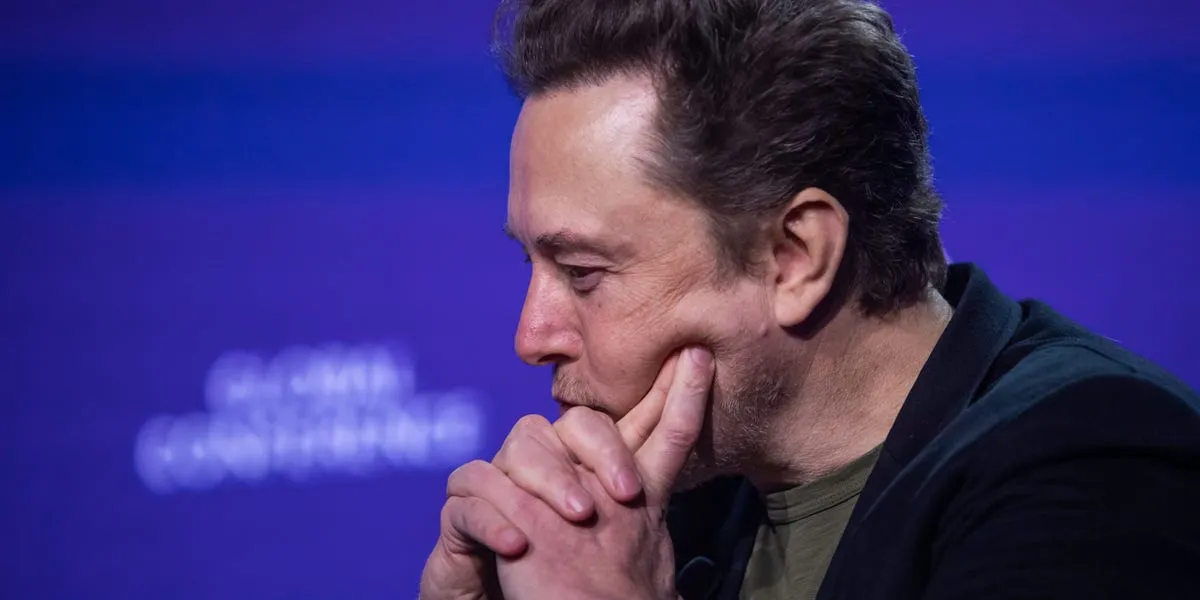
In a startling turn of events, Tesla has seen nearly 48% of its market capitalization evaporate within just a few months. This significant decline is attributed to falling sales and escalating concerns about its leadership, particularly revolving around CEO Elon Musk. Analysts from JPMorgan have stated that they cannot find a historical parallel in the automotive industry that matches the rapid loss of value experienced by Tesla.
According to JPMorgan analysts, the scale of Tesla's decline is unprecedented. They noted, "We struggle to think of anything analogous in the history of the automotive industry," highlighting that the only comparable instances involved Japanese and Korean car brands facing sales declines due to diplomatic tensions with China in 2012 and 2017. However, those situations were localized to specific markets, whereas Tesla's current struggles are global.
In light of these challenges, JPMorgan has slashed its price target for Tesla by approximately 41%, lowering it from $230.58 to $135. The bank has also revised its guidance for vehicle deliveries in the first quarter of 2025 to around 355,000 units, marking an 8% decline year-over-year from 2024.
From December to mid-week trading, Tesla’s market cap plummeted by nearly 49%, dropping from its peak value of $1.54 trillion at the end of last year to approximately $777 billion today. This drastic drop is reflective of a broader global decline in Tesla's sales and branding issues, largely fueled by controversies surrounding CEO Elon Musk.
Initially, Elon Musk's close ties to former President Donald Trump seemed beneficial for Tesla, with the company being the only electric vehicle (EV) manufacturer to see its stock increase following Trump's electoral victory. The prevailing belief was that Musk's influence could lead to favorable policies for Tesla. However, recent analyst reports suggest that this assumption is being called into question, citing potential adverse effects on demand due to Musk's political involvement.
Recent protests and vandalism incidents at Tesla showrooms across the United States have raised additional concerns about the company's brand reputation. In response to these events, President Trump has come to Tesla's defense, suggesting that he would consider labeling the perpetrators as domestic terrorists. However, the negative impact on sales persists, with JPMorgan analysts noting that Musk's political distractions may further detract from his focus on Tesla's core business operations.
Despite the challenges, Morgan Stanley analysts maintain that Tesla's stock presents a buying opportunity, despite the recent downturn. Their assessment indicates that the decline has been driven by unfavorable sales data, negative brand sentiment, and broader market adjustments. "Today, with the stock down 50%, our investor conversations are focused on management distraction, brand degradation, and lost auto sales," they stated.
Despite the recent losses, Tesla remains the most valuable car company globally, with Toyota trailing at a market cap of $292 billion. Analysts from Morgan Stanley have pointed to several potential catalysts that could drive Tesla's recovery, including the anticipated rollout of the robotaxi service in Austin later this summer and a demonstration of the Optimus humanoid robot expected before the end of the year.